SUSTAINABILITY
Why we should switch from plastic to reed straws?
Plastic straws, once a ubiquitous convenience, have come under scrutiny due to their harmful impact on the environment. It’s time to rethink our choices and make a conscious shift towards natural straws.
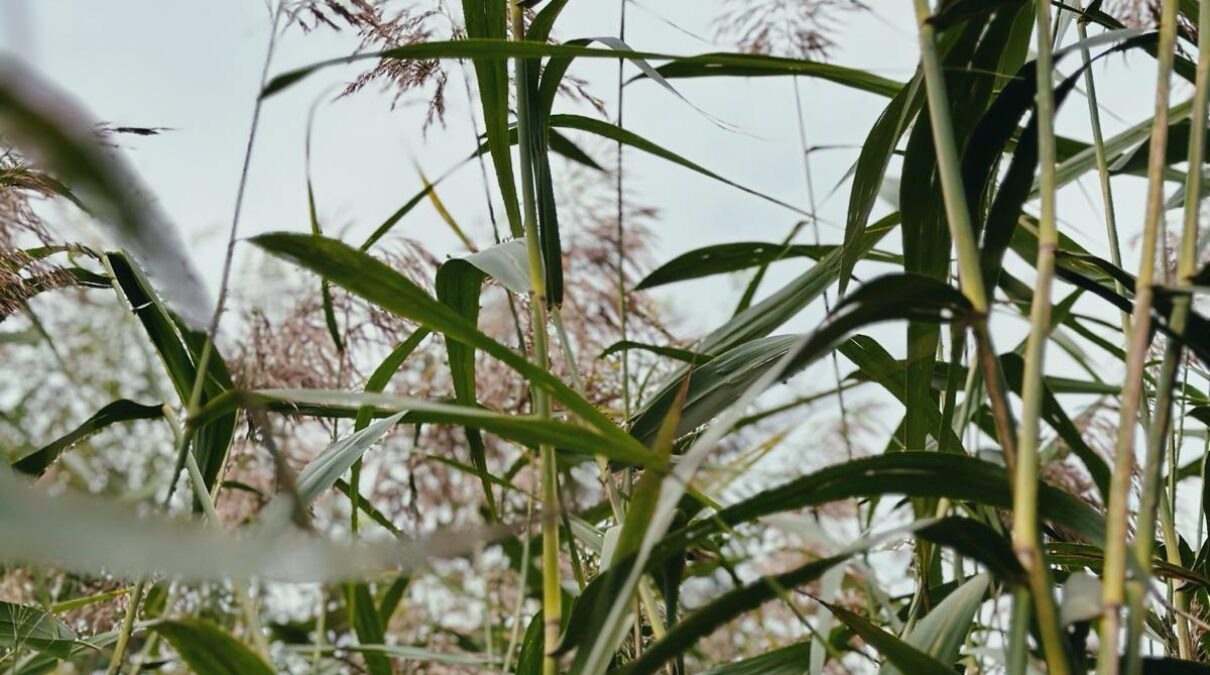

Protecting our oceans
Plastic straws are one of the leading contributors to marine pollution. They end up in our oceans, seas and lakes, where they pose a grave threat to maritime life. By opting for reed straws, we help safeguard the delicate balance of our marine ecosystems.

Preserving natural resources
Plastic straws are derived from fossil fuels, a non-renewable resource. Conversely, natural straws, like those made from reeds, are sourced sustainably, preserving precious resources for future generations. Embracing natural straws means embracing a greener, more sustainable future.

Reducing plastic waste
The sheer volume of plastic straws discarded daily is staggering. These items take centuries to decompose, persisting in landfills and contributing to overflowing waste sites. By choosing natural alternatives, we can significantly reduce the accumulation of plastic waste and alleviate the burden on our planet.

Promoting biodiversity
The production of plastic straws contributes to environmental degradation, including deforestation and habitat destruction. Natural straws, on the other hand, are often derived from renewable plant sources, such as reeds, which can be harvested responsibly without compromising ecosystems. By supporting natural straws, we support the preservation of biodiversity.
By transitioning from plastic straws to natural alternatives, we demonstrate our commitment to environmental responsibility and our dedication to a sustainable future. Together, let’s sip consciously, preserve our planet, and make a positive difference, one straw at a time.
Our sustainability solution
Reed straws offer a natural alternative to traditional plastic and paper straws. Crafted exclusively from common reed (Phragmites australis), our straws are 100% pure, devoid of any chemicals or additives. Common reed is a tall wetland grass with a global presence, reaching heights of up to 6 meters.
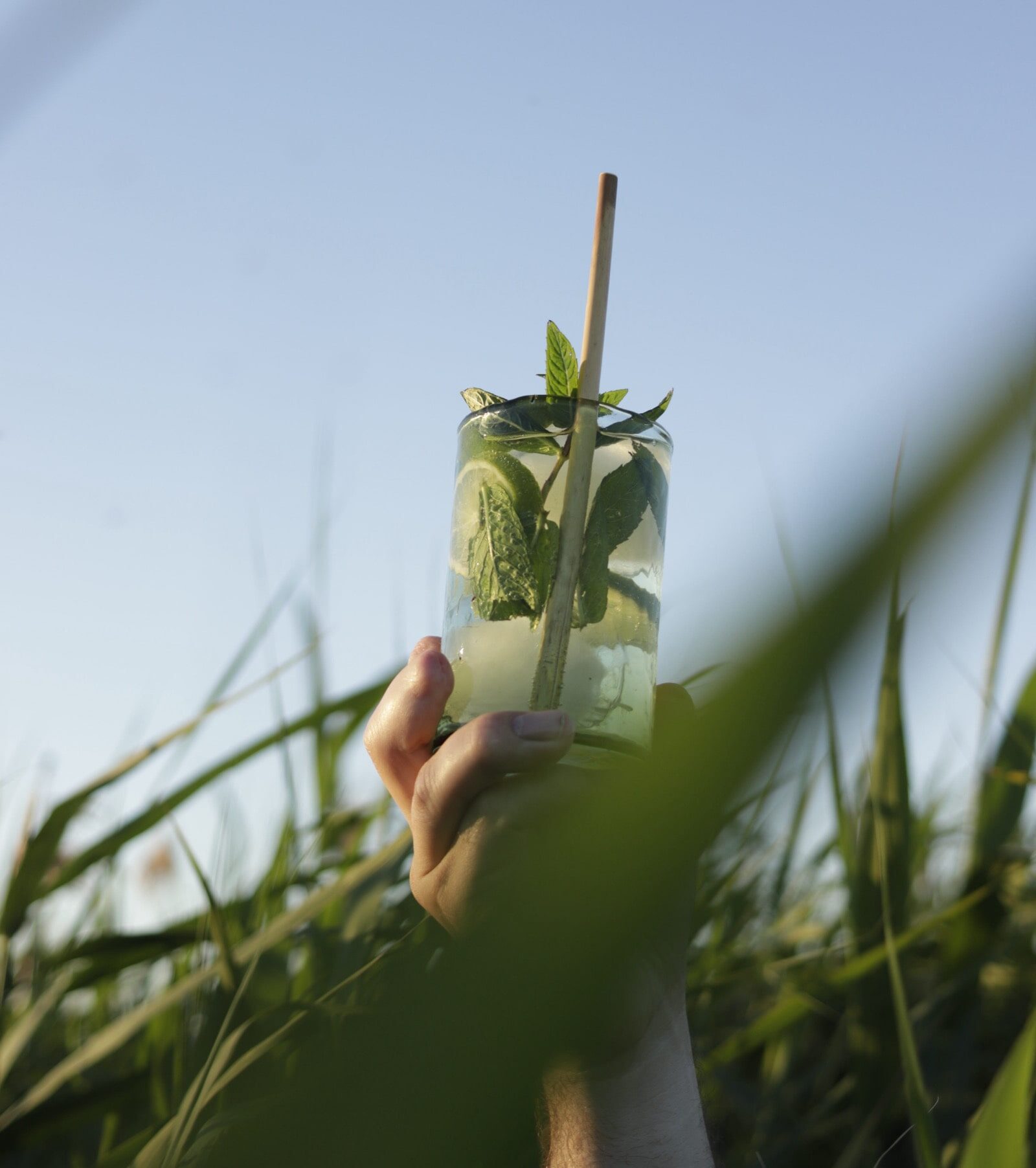
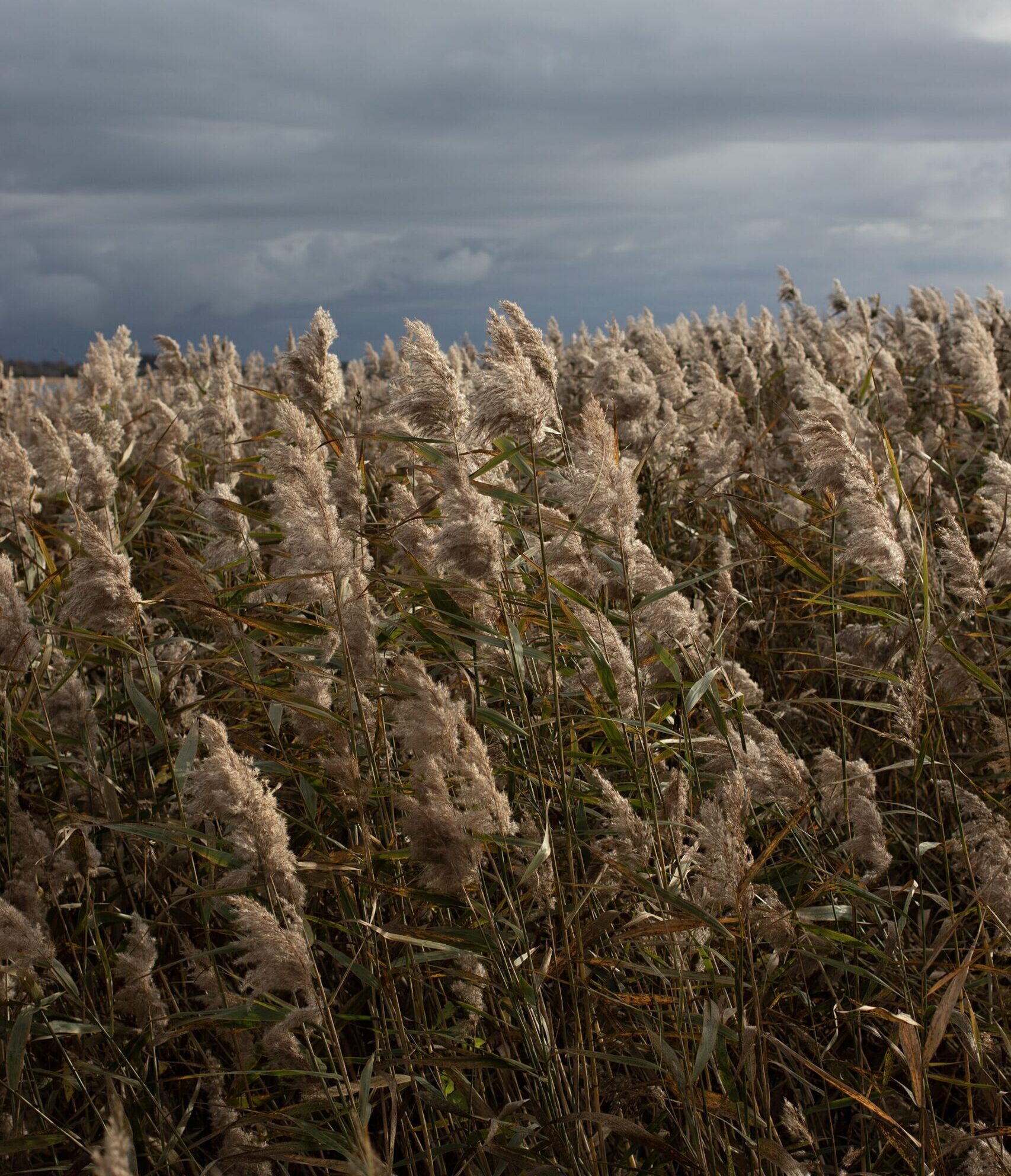
Why reed?
Common reed is a fast-growing, one-year weed that can expand up to 5 meters annually. To preserve the delicate balance of nature and prevent wetland overgrowth, regular harvesting is essential. In Estonia alone, we have over 27,000 hectares of reed. Our maximum production capacity requires just 200 hectares per year, and the best part – it regenerates annually.
Embrace nature, embrace sustainability
Our reed straws are not just natural; they’re fully biodegradable. After use, you can dispose of them with your organic waste. These straws will decompose entirely in under a year, leaving no environmental footprint.
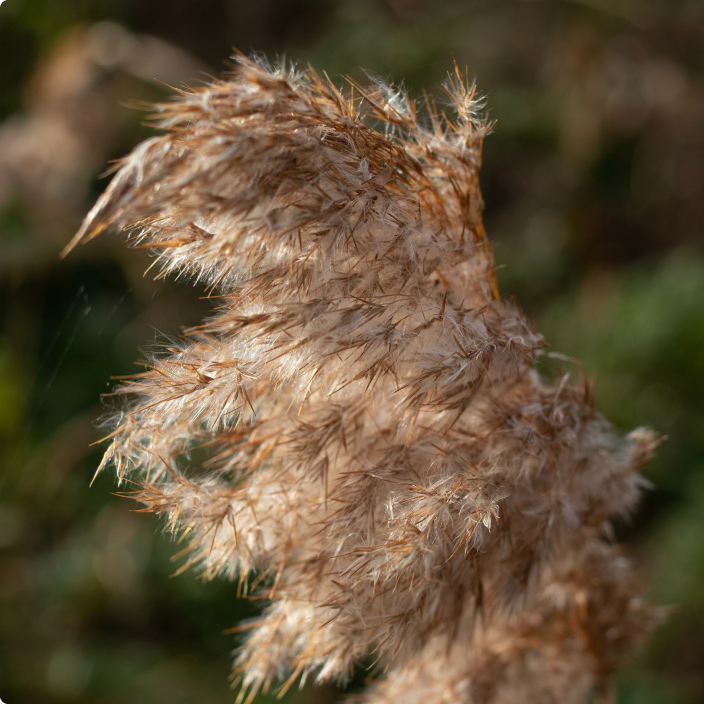
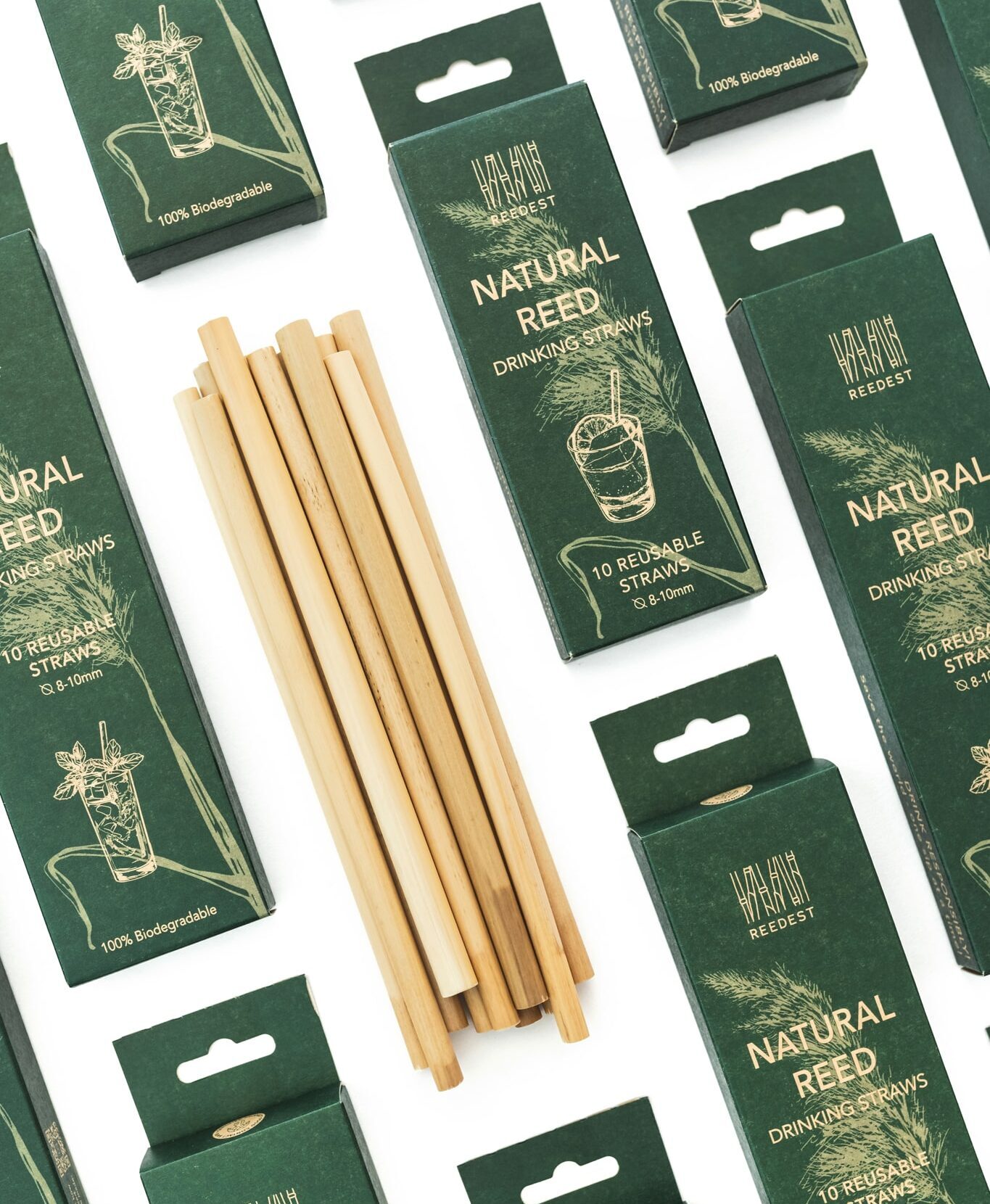
How DO we do it?
1. Our innovative prouction process
The global consumption of straws is staggering, reaching into the billions each day. To make a genuine environmental impact, it’s imperative to transition from plastic straws to more sustainable alternatives on a massive scale.
2. The birth of automation
When we embarked on this journey, we quickly realized that our humble hands alone wouldn’t suffice for large-scale production. At the time, there were no existing machines tailored to reed straw production. So, we assembled a team of brilliant minds and embarked on the mission to develop the world’s first fully automatic reed straw production line.
3. A four-year journey
After four years filled with challenges and triumphs, we’re thrilled to announce the successful operation of our automated reed straw machine. What made this achievement so challenging? It all boils down to the nature of our raw material. No two reed plants are alike; they vary in shape, diameter, and color.
4. Innovation amidst variability
To meet the demands of large-scale production, we had to pioneer innovative industrial automation. Our solution utilizes advanced sensors and cutting-edge machine learning algorithms that adapt to the inherent variability of reed. This ensures the consistent quality of our straws while preserving the uniqueness of each reed plant.
1.
Our innovative production process
The global consumption of straws is staggering, reaching into the billions each day. To make a genuine environmental impact, it’s imperative to transition from plastic straws to more sustainable alternatives on a massive scale.
2.
The birth of automation
When we embarked on this journey, we quickly realized that our humble hands alone wouldn’t suffice for large-scale production. At the time, there were no existing machines tailored to reed straw production. So, we assembled a team of brilliant minds and embarked on the mission to develop the world’s first fully automatic reed straw production line.
3.
A four-year journey
After four years filled with challenges and triumphs, we’re thrilled to announce the successful operation of our automated reed straw machine. What made this achievement so challenging? It all boils down to the nature of our raw material. No two reed plants are alike; they vary in shape, diameter, and color.
4.
Innovation amidst variability
To meet the demands of large-scale production, we had to pioneer innovative industrial automation. Our solution utilizes advanced sensors and cutting-edge machine learning algorithms that adapt to the inherent variability of reed. This ensures the consistent quality of our straws while preserving the uniqueness of each reed plant.